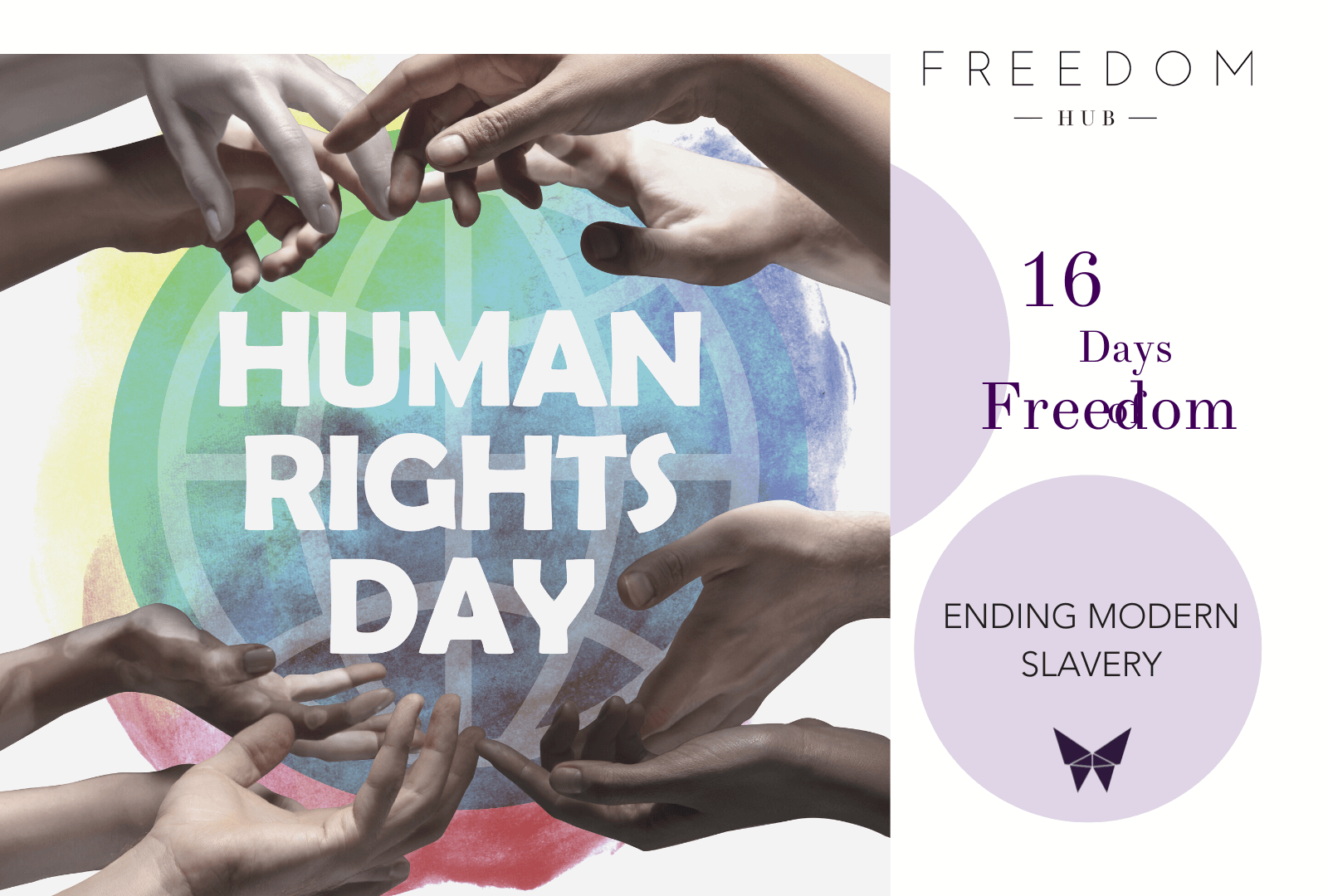As Human Rights Day approaches in 2025, one might ponder: What if our global society embarked on a profound journey of unity and freedom? This playful question nudges us to reflect on the principles found within the teachings of the Baha’i Faith, which emphasize the interconnectedness of all humanity and the inalienable rights afforded to every individual. This discourse aims to examine these profound teachings in the context of Human Rights Day, ultimately positing the challenge of aligning our individual aspirations with the collective advancement of society.
The Baha’i Faith, founded in the mid-19th century, postulates that humanity is one family bound by common virtues and challenges. Its doctrines assert that true unity transcends superficial differences among races, nationalities, and religions. Through this lens, one can appreciate the urgency and relevance of Human Rights Day as a catalyst for promoting the ideals of justice and equality globally.
At the heart of the Baha’i teachings is the recognition of human rights as fundamental to our existence. Baha’u’llah, the founder of the Baha’i Faith, articulated that every individual possesses an inherent dignity that must be respected and protected. This principle aligns seamlessly with the universal declaration of human rights, positing that each person has a right to freedom of expression, education, and economic stability. As we observe Human Rights Day, these rights should not merely be a confluence of words, but a call to action—a summons to engage in purposeful initiatives that further ally ourselves with these tenets.
Moreover, the Baha’i perspective on human rights accentuates the importance of not only respecting these rights but also fostering an environment where they can flourish. The Baha’i teachings encourage proactive involvement in community languages and systems that uphold and protect these rights. Such collective activism simultaneously challenges societal norms that undermine these principles. As we envisage a world where unity and freedom are prevalent, we must confront a dichotomy: how do we educate ourselves and our communities about these rights in ways that inspire genuine transformation?
The power of unity, as espoused in Baha’i writings, invites a myriad of contributions to the discourse on human rights. It encourages an inclusionary approach where everyone can part-take in the processes that shape their lives. To challenge ourselves, we can ask: How do we embody this principle within the microcosm of our communities? The answer rests not only in passive acknowledgment of rights but in active collaboration to devise systematized and inclusive methods that address the multifaceted aspects of human rights violations.
To understand the complexities of human rights as envisioned by the Baha’i teachings, one must delve into the roles of education and consultation. Education, seen as a fundamental human right, is crucial for individuals to grasp the significance of their rights and the implications for an equitable society. Countless instances exist where tyrannies and regimes flourish in the shadows of ignorance. Thus, the admonition to educate individuals about their rights becomes paramount. The Baha’i community’s commitment to education—including the establishment of schools and enrichment programs—has been pivotal in advancing these ideals.
Consultation, a distinctive method fostered by Baha’i teachings, promotes a respectful exchange of ideas characterized by humility and the pursuit of truth. This practice posits that such dialogue can lead to collective decisions that uphold human rights and enable communities to overcome divergent perspectives. A pertinent challenge arises here: how can one instill a culture of consultation in settings where discord predominates? This necessitates an incremental approach, comprising models of fostering a spirit of collective problem-solving where diverse opinions are valued.
In the Baha’i framework, the onus of promoting human rights does not rest with governments alone; rather, it involves individuals championing these principles within their spheres of influence. Therefore, a dual challenge pervades our societal fabric: We must remain vigilant about the rights of the marginalized while simultaneously striving to elevate discourse around these themes within our daily interactions. Engaging in conversations about human rights—at work, social gatherings, or in educational settings—possesses transformative potential.
Additionally, the Baha’i teachings invite us to consider the global dimension of human rights. The issues we face today are interlinked through globalization—climate change, poverty, and refugee crises are merely reflections of widespread injustices. A united approach to these issues requires a concerted effort to recognize our shared responsibilities. Therefore, what methods can we employ to transcend borders in our advocacy for human rights? Developing local and international coalitions to exchange ideas and action plans can foster a greater understanding of the global human rights landscape.
As Human Rights Day 2025 draws closer, pondering the Baha’i perspective offers valuable insights that can reshape our collective consciousness towards unity and freedom. The challenge is not solely to understand these teachings but to implement them through deliberate actions that uplift the plight of all individuals. By creating spaces for dialogue, advocating for education, and embracing the fundamental principle of consultation, we become active participants in the ongoing narrative of human rights. Ultimately, as we champion this cause, we pave the way for a future where the ideals of unity and freedom resonate with every person’s experience, creating a more harmonious and just world.
